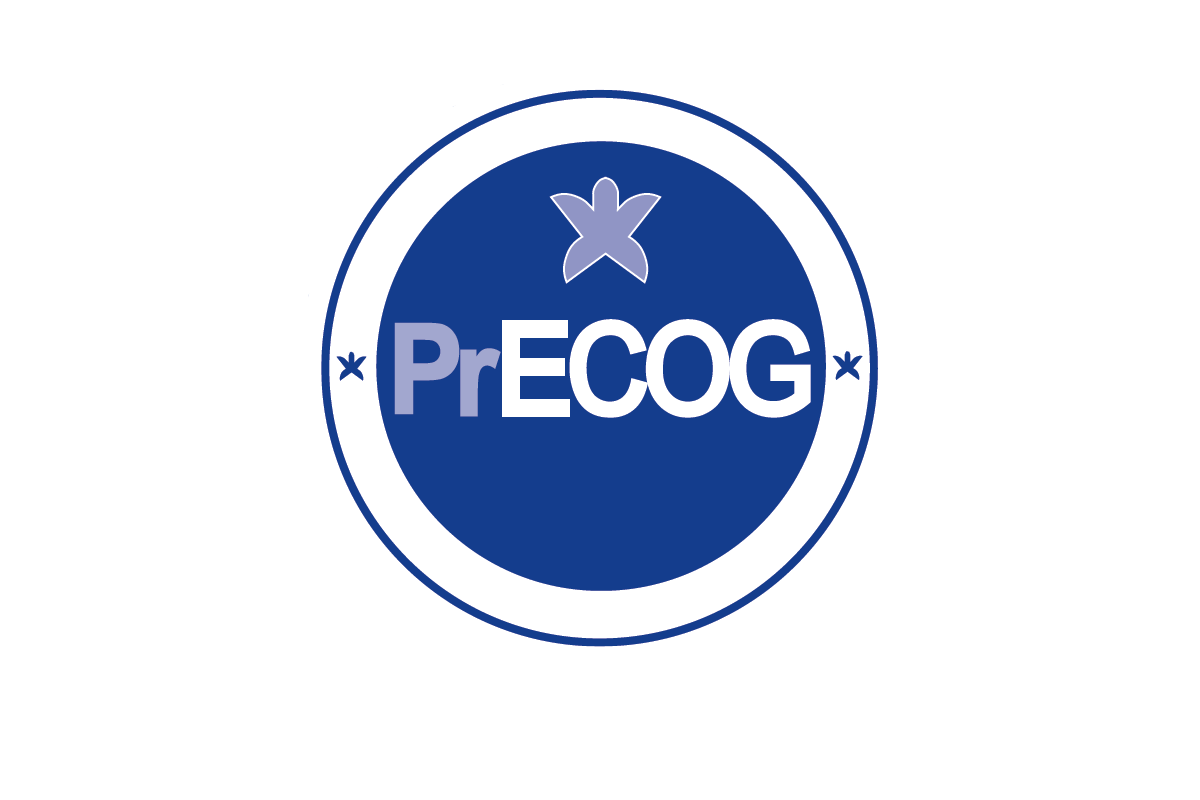
Trial Spotlight: Jonathan Cohen, MD on Trial PrE0404 for Relapsed/Refractory Mantle Cell Lymphoma
January 25, 2021
Now Enrolling: EA2197 / OPT-IN for Gallbladder Cancer
January 25, 2021Joe Sparano: Refining Individual Risk in Breast Cancer


TAILORx Provides Evidence-Based Framework for New RSClin™ Tool to Guide Treatment of Node-Negative Breast Cancer with Greater Precision

By Joseph A. Sparano, MD
Recently, ECOG-ACRIN Group Statistician Bob Gray and I teamed up with research colleagues at Exact Sciences Corporation to report on a new patient-specific meta-analysis that provides individualized estimates for both prognosis and absolute chemotherapy benefit at 10 years in patients with early breast cancer. With this analysis, we successfully developed the new web-based prognostic tool RSClin™ and validated its accuracy in an independent cohort, providing a strong foundation for its clinical use. RSClin integrates a woman’s clinical-pathological features—her age as well as tumor size and histologic grade—with her 21-gene Recurrence Score (RS) test result. I recently presented these findings at the 2020 San Antonio Breast Cancer Symposium, and they were concurrently published in the Journal of Clinical Oncology.1 2
TAILORx continues to shape clinical practice and the future of breast cancer care. For although TAILORx confirmed that treatment based on an RS test result alone is clear for the great majority of patients, some cases are more nuanced. By providing individualized estimates of distant recurrence risk and absolute chemotherapy benefit, the study shows that incorporating clinicopathologic information can add value in cases where additional clarity is needed. Examples include women with high clinical risk features and a low RS, low clinical risk features and a high RS, and patients 50 years or younger and an RS in the upper mid-range of 16-25.
To develop the clinical tool, we conducted a patient-specific meta-analysis of about 10,000 women with HR-positive, HER2-negative, node-negative disease who participated in the TAILORx, B14, and B20 clinical trials. The women received either endocrine therapy alone or endocrine therapy and chemotherapy. RSClin provided significantly more prognostic information for distant recurrence than RS alone (P <.001) or clinical and pathological information alone (P <.001). The RSClin tool was then validated in an independent cohort of 1098 patients enrolled in a real-world prospective registry of patients receiving care through Clalit Health Services, the largest of Israel’s four public health associations. In the validation cohort, RSClin was significantly associated with distant recurrence risk (P <0.01), which correlated closely with actual outcomes in the cohort (Lin concordance index 0.962).
Not only does RSClin provide an estimate of 10-year distant recurrence risk with endocrine therapy alone, it also estimates the absolute chemotherapy benefit for an individual patient based on distinct characteristics. These include age, tumor size, grade, RS, and type of endocrine therapy planned (tamoxifen or an aromatase inhibitor). At this time, the tool only applies to node-negative breast cancer.
RSClin is the latest chapter in the ever-expanding story of the TAILORx study, which prospectively defined the groups of women with early breast cancer who will and will not benefit from chemotherapy when guided by the RS assay. As a clinician, my contribution to RSClin was to define the clinical need and articulate a vision for a new tool that could address this need. It was only through collaboration with statisticians that my vision was turned into a reality. Michael Crager from Exact Sciences, Bob Gray from ECOG-ACRIN, and Gong Tang from NRG Oncology provided the required technical expertise.
Another key collaborator was Steve Shak, chief medical officer at Exact Sciences, who recognized the value of this new tool to women and their doctors for treatment decision-making. Thanks to Steve’s support of the statistical team's efforts, RSClin is now available as an educational tool to US-based health care professionals on the physician portal of the Exact Sciences website, effective December 2020.
ECOG-ACRIN and the National Cancer Institute, through its funding, are leading the transition to the combined use of clinical-pathological factors and tumor molecular profiling data to guide adjuvant treatment decisions in breast cancer. The recent results of SWOG’s RxPONDER trial (S1007) suggest that the 21-gene RS may also be used to spare chemotherapy use in postmenopausal women with up to three positive axillary lymph nodes. The SWOG data provide confirmation of the original TAILORx findings in a higher clinical risk population. It is my expectation that the new RSClin tool will be widely used and valued as an educational tool by clinicians and patients for shared decision-making, and that the tool will be updated to include new information from RxPONDER.
Dr. Sparano is the lead investigator on the TAILORx study for the ECOG-ACRIN Cancer Research Group and a voting member of the group’s Principal Investigator Committee, representing the Montefiore Minority Underserved NCORP. He is associate director for clinical research at Albert Einstein Cancer Center and associate chair for clinical research in the department of oncology at Montefiore Health System in New York.
1. Sparano, JA et al. Oral Presentation: GS4-09. 43rd San Antonio Breast Cancer Symposium, December 8-12, 2020.↩
2. Sparano JA, Crager MR, Tang G, Gray RJ, Stemmer SM, Shak S. Development and Validation of a Tool Integrating the 21-Gene Recurrence Score and Clinical-Pathological Features to Individualize Prognosis and Prediction of Chemotherapy Benefit in Early Breast Cancer. J Clin Oncol. 2020 Dec 11:JCO2003007. doi: 10.1200/JCO.20.03007. Epub ahead of print. PMID: 33306425.↩
![ECOG-ACRIN logo[19516]275×75](https://blog-ecog-acrin.org/wp-content/uploads/2021/03/ECOG-ACRIN-logo19516275x75.png)
